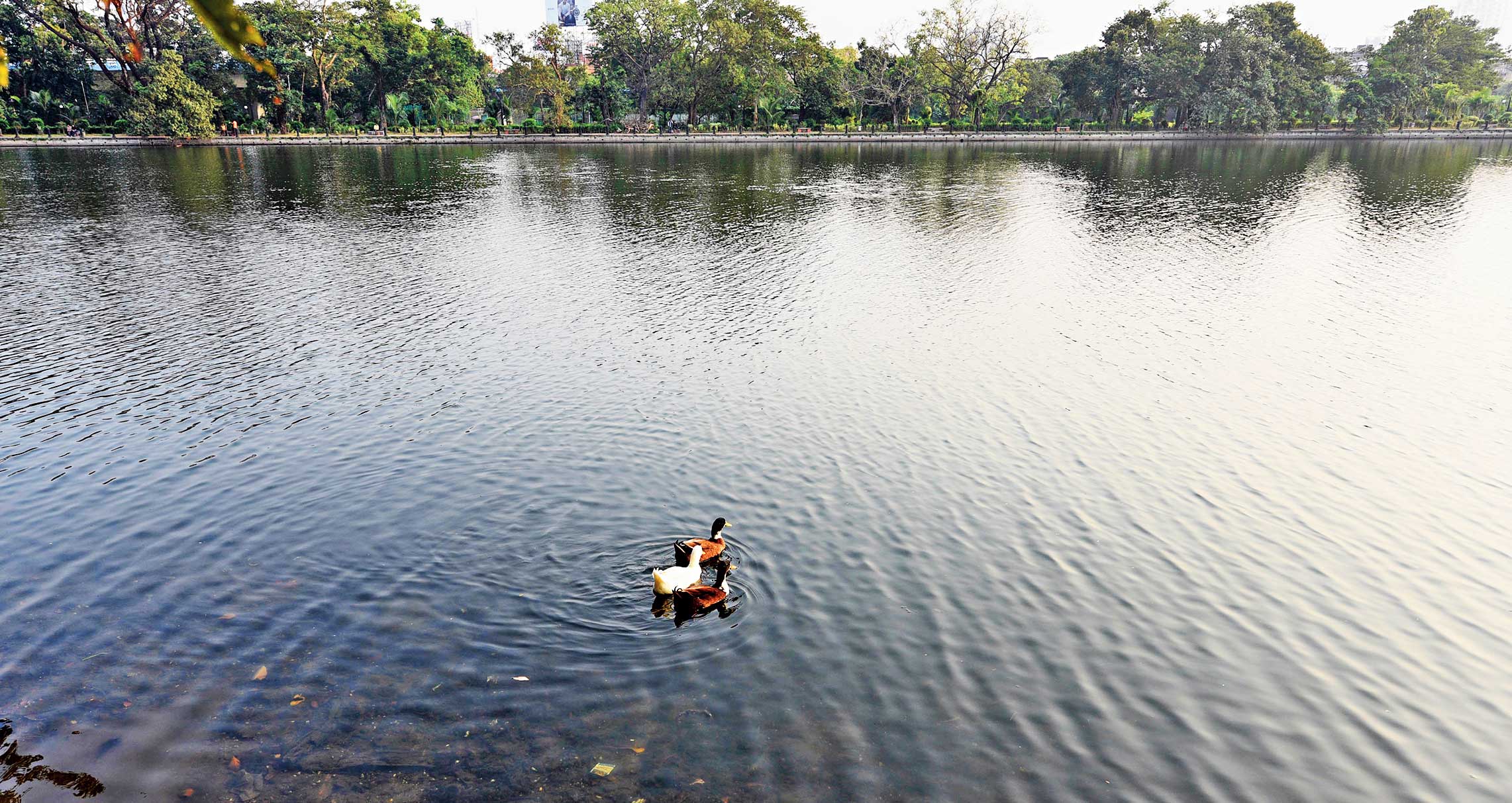Keeping order and implementing the rule of law was once the responsibility of the administration. But this is an outdated idea in New India. This administrative indifference has forced courts and tribunals to redress issues — the environment, public health, humane treatment of species and so on — that should be integral to the public consciousness in any civilized order. The Supreme Court has lived up to its reputation of being the guardian of the environment, rejecting pleas by the Calcutta Metropolitan Development Authority and the Calcutta Municipal Corporation to interfere with the directives passed by Calcutta High Court and the National Green Tribunal banning festive rituals at Rabindra Sarobar and Subhas Sarobar while imposing restrictions on the congregation of people. The signal from the highest court has come as a relief. Last year, in flagrant violation of the ban by the NGT, devotees thronged these premises under the very nose of the police and the CMDA. This collective defiance would not have been possible without tacit support from the powers that be.
Institutional lethargy is the fruit of a populism that is inimical to the health of both citizens and their environment. India, thanks to its politicians, is well versed in the chapter of toxic populism. A relevant, curious anomaly, one that is often ignored by policy and public discourse, is the blurring of the lines between the sacred and the profane. Some of India’s most consecrated entities are also the most defiled, often beyond redemption. Consider the Ganges, India’s holiest river. In spite of the ruling Bharatiya Janata Party’s repeated pledges to cleanse the river — an entire ministry has been at work for years now — the Ganges, on many stretches, is being choked with industrial effluents, excrement, and several other kinds of pollutants. Countless devotees remain indifferent to its fate. Ironically, any attempt to stop the contamination — rituals are not known to be environment-friendly — elicits loud protests about the violation of rights. Inventive interventions — the courts have, in the past, declared rivers to be living entities, investing them with the same legal rights as people — have not made a difference. This kind of desecration of not just rivers but also nearly every element of the wilderness seldom evokes a massive public response even though academic curricula have accommodated environmental sciences as a discipline. There is no dearth of awareness campaigns either.
The environmental challenges confronting India are manifold. The administration, reading the political tea leaves, is often complicit in this destruction. Agencies tasked with environmental protection — the CMDA is an example — become violators. There is also a sustained attempt to weaken the legislative edifice that acts as a bulwark against transgressions. All of these must be addressed. What must change additionally is the public attitude towards polluting rituals. Such a transition is not impossible. In Calcutta, water bodies are increasingly being earmarked and cordoned off with synthetic lining to allow de-sludging and treatment during immersions to arrest pollution. Such inventiveness must be encouraged. Reason and faith must coexist to save the environment and lead towards an ecological renaissance.










